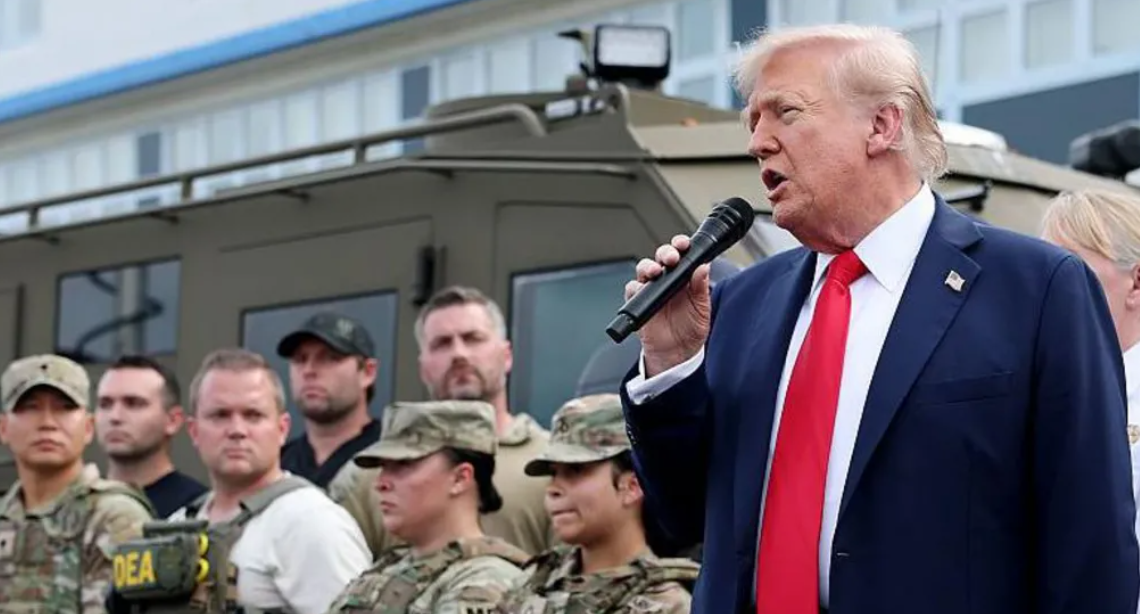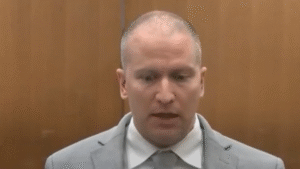Chicago National Guard deployment is poised to become the latest flashpoint in a rapidly escalating federal-local showdown. The Pentagon, acting under direction from the White House, has quietly crafted plans to station several thousand National Guard troops in Chicago by as early as September—a strategy modeled on deployments already underway in Washington, D.C. and Los Angeles.
In the Oval Office and on record, President Trump has labeled Chicago “a mess,” promising to “straighten that one out probably next”—after initiating a controversial military-backed crime crackdown in the capital. This latest action seems designed to serve as a template for federal intervention in other Democratic-run cities.
Chicago and Illinois leaders have responded swiftly. Governor JB Pritzker and Mayor Brandon Johnson decried the move as an abuse of power. Pritzker insists no emergency justifies deploying the National Guard and notes Illinois received no federal outreach requesting aid. He accused the administration of “manufacturing a crisis” solely for political gain.
Mayor Johnson echoed concerns over legality and public trust, calling such a deployment “uncoordinated, uncalled for, and unsound.” He stressed the city has made measurable progress on crime reduction and that deploying troops could trigger unnecessary unrest.
Meanwhile, the Pentagon maintains the operation remains in planning stages. In a statement, officials refrained from speculation, clarifying that the Defense Department continually assesses protection strategies for federal assets, without specifying whether Chicago will see a deployment.
Legal analysts warn that deploying uniformed soldiers for domestic law enforcement could clash with the Posse Comitatus Act, which generally prohibits such roles. However, the Trump administration has sidestepped similar issues in D.C. by invoking Title 32 status, allowing National Guard forces to act under federal pay but retain certain state command safeguards.
Local leaders remain unconvinced. Pritzker emphasized the state’s commitment to law and order, asserting, “The safety of the people of Illinois is always my top priority. There is no emergency… Donald Trump is attempting to manufacture a crisis.”
This deliberate ambiguity and rapid federal mobilization underscore an accelerating federal-local conflict. Mayor Johnson warned that an uncoordinated deployment risks eroding the trust between communities and law enforcement—a crucial foundation of public safety.NBC Chicago
At its core, the debate reflects vastly different visions of urban governance. Trump’s approach frames cities like Chicago as chaotic strongholds requiring direct federal intervention. Meanwhile, local authorities argue that cooperative, community-rooted policing and policy reforms—rather than military-style swarming—are the sustainable path forward.
As September approaches, Chicago stands at the crossroads of this showdown. Will federal muscle override local authority? Or will state leadership and legal limits hold sway?
Conclusion
Whether the National Guard is deployed to Chicago or the plan remains a political threat, one thing is clear: this dispute represents a test of the balance between federal power and local democracy. The stakes are high—not just for law enforcement, but for the nation’s democratic norms.
Subscribe to trusted news sites like USnewsSphere.com for continuous updates.





